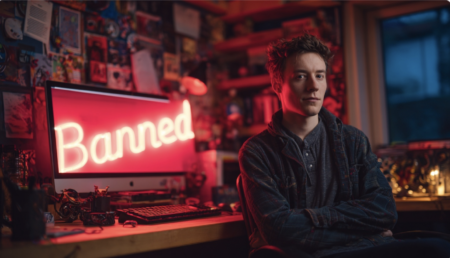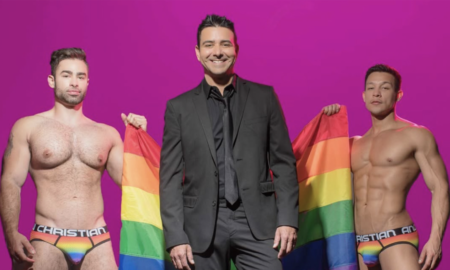Neon has pulled the 2025 supernatural body horror film Together from Chinese cinemas after discovering that the local distributor, Hishow, made unauthorised digital alterations to a key scene, replacing a male character’s face with that of a woman. This change effectively turned a gay couple into a heterosexual pairing, sparking controversy among viewers who noticed the manipulation through side-by-side comparisons shared on social media. The film stars real-life married couple Alison Brie and Dave Franco and was directed by Michael Shanks.
Together follows the couple as they move to the countryside, confronting a mysterious force that triggers disturbing physical transformations. The film premiered at the Sundance Film Festival, where Neon acquired global distribution rights for $15 million, reflecting confidence in its unique blend of horror and smart thematic elements. Critics, including The Independent’s Clarisse Loughrey, praised the film for its smart ideas and the casting of Brie and Franco, whose natural chemistry added depth to the horror narrative. The Independent awarded the film four stars, highlighting how both actors, known for their comedic talents, brought an unexpected authenticity to the genre.
After finding the unauthorised edits—which also reportedly involved the removal of certain intimate scenes—Neon demanded that Hishow cease distribution of the altered version. The Wrap reported that the film was subsequently pulled from Chinese theatres.
This incident is part of a broader pattern of censorship surrounding LGBTQ+ themes in China. Previous examples include the removal of references to Freddie Mercury’s sexuality in Bohemian Rhapsody and dialogue about a same-sex relationship in Fantastic Beasts: The Secrets of Dumbledore. Streaming platforms have also edited out lesbian characters or references in popular shows such as Friends. While homosexuality is decriminalised in China, same-sex relationships have no legal recognition, and advocacy or portrayal of LGBTQ+ themes remains heavily restricted by state authorities.
Chinese regulatory bodies have tightened control over media content in recent years. In 2021, the National Radio and Television Administration issued a directive banning the portrayal of “effeminate men” and pushing broadcasters to eliminate ‘abnormal aesthetics’ from screens, promoting instead a state-sanctioned ‘revolutionary culture.’ The censorship extends to online content as well, with internet platforms held accountable for policing LGBTQ+ material. Earlier in 2025, several young authors of gay erotic fiction were detained and accused of distributing ‘obscene materials,’ underscoring the harsh environment for queer expression in the country.
On Douban, China’s equivalent of IMDb, viewers expressed alarm at the digital manipulation of Together using AI technology, with some commenting on the frightening implications for film authenticity and LGBTQ+ visibility. One user wryly noted the possibility of digitally converting classic queer films into heterosexual romances with ease, underscoring the absurdity of such censorship.
Source: Noah Wire Services


















